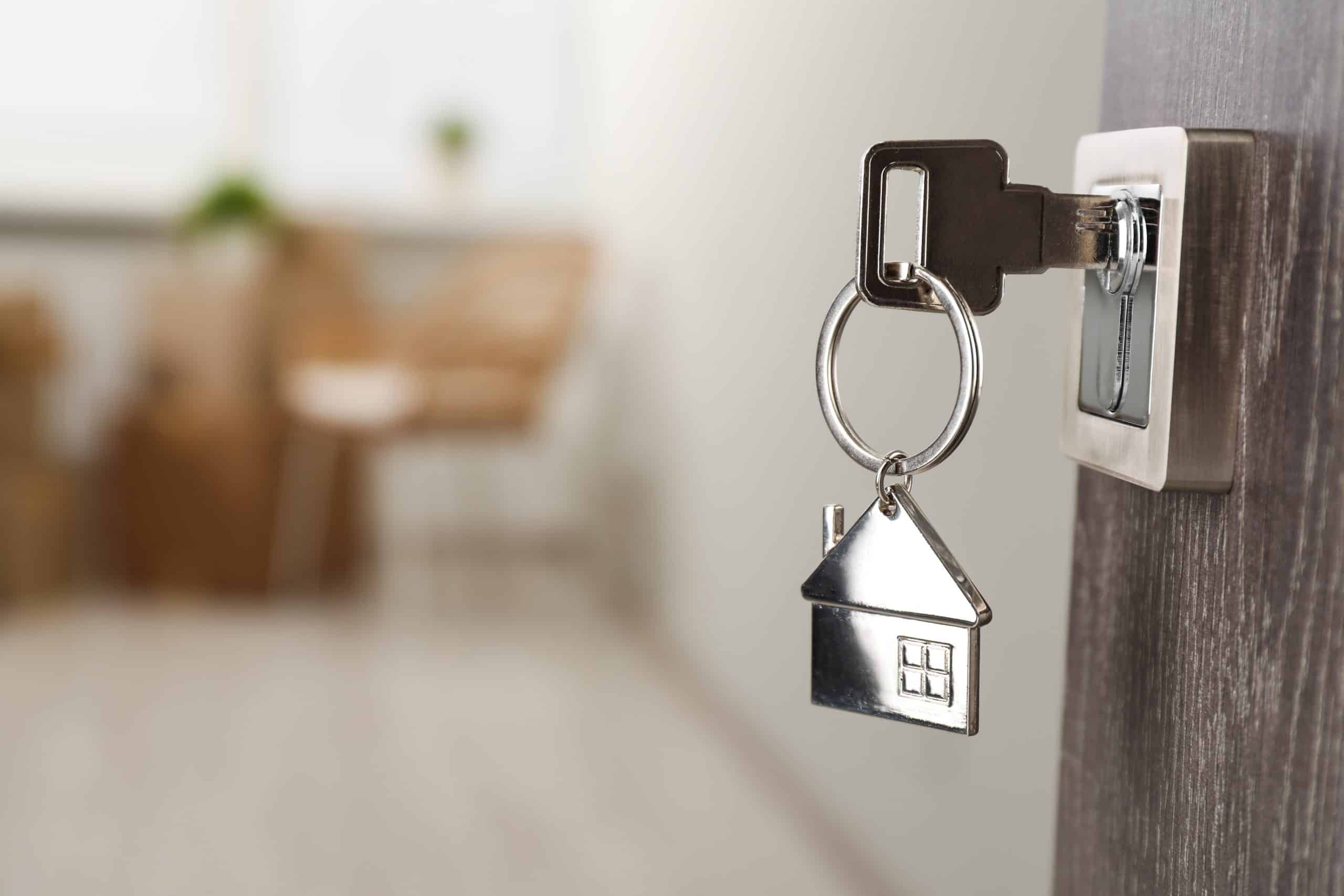Introduction
This is a common question which is asked by clients, who are unsure of exactly what their rights are regarding occupation of the family home. Perhaps the separation was acrimonious and you are concerned about your ex-partner attending the property uninvited, and either behaving abusively towards you or removing items whilst you are not at home?
As is often the case with family law related issues, the answer depends on what your current circumstances are.
Married couples
If you are married, then broadly speaking, even if the property is not jointly owned or you are joint tenants, your spouse has a legal right to occupy the property and therefore arguably enter the family home. Such rights are not dependent on the ownership of the property, as your spouse will have matrimonial home rights, until you are legally divorced.
A spouse is able to register a Home Rights Notice (Matrimonial Home Rights) at the Land Registry for the matrimonial home. The matrimonial home is the property you lived in together as a married couple before you separated. For more information on this issue, please read our other article: Homes Rights: What Rights Do I Have If the Family Home Is Owned In My Spouse’s Sole Name?
If you were to change the locks without your spouse’s consent, then as a joint owner they may arrange for a locksmith to attend the property to gain entry, or potentially make an application to the court. Your spouse is not allowed to use or threaten violence to enter the property and so if they were to do that, you may need to contact the police and/or seek a non molestation order and/or occupation order.
If your spouse moves out of the family home, then generally speaking, it is advisable that they should only return when they reasonably need to, and they should ensure to provide you with adequate notice. As you are occupying the property, then you have a right to an expectation of privacy and the ability to enjoy your own home without interference, but you will need to accommodate reasonable requests when appropriate.
Cohabiting couples
Unlike married couples, if you are cohabiting then it will need to be established who is the legal owner of the property. If you are unsure, then you can check the proprietory title by looking at the register held by the Land Registry. It is relatively straightforward to do this but a solicitor can also help you if necessary.
If you own the property in your sole name, then you are entitled to change the locks to the property once your ex-partner has moved out. However, your ex-partner may make an application in relation to the equity of the property. If this occurs, it is important for you to seek expert legal advice.
If the property is owned in your joint names, then the position is the same as married couples, being that even if you have changed the locks, your partner is still entitled to enter the property and if necessary change the locks themselves. Again, this is subject to any other orders such as a non-molestation order or occupation order which may be granted by the court (see below).
Situations where there has been harassment or domestic abuse
As briefly mentioned above, if your partner is harassing you or has been abusive towards you, then you may consider applying to the court to obtain an order preventing them from pestering you and attending the property. The two types of orders that the family court can grant are:
- Non-Molestation Order – this is a Court Order which prohibits an abuser from using or threatening physical violence, intimidating, harassing or communicating with a victim and can also prohibit a perpetrator from attending a victim’s home or workplace. It is also possible for children to be protected under this Order.
- Occupation Order – this Court can regulate who can occupy the family home. These Orders are usually granted for around 6 months.
To make an application for a Non-Molestation Order, you must be “associated” under the Family Law Act 1996. This includes being current or formerly married, civil partners, living together or partners. It also includes certain relatives and in-laws.
What can I do?
It is often best to try to reach an agreement with your spouse or partner regarding occupation of the family home and any potential access to the property. This could also include your ex-partner removing their belongings or items, so that they have less reason to return to the property. You may wish for a family member or friend to attend the property, when your ex-partner arrives to collect their belongings, which should be agreed in advance.
If you are unable to reach an agreement or your partner is being difficult and obstructive, or if you require legal advice in relation to your separation generally, then we are able to assist. Please call or email us and speak to one of our experienced specialist family lawyers.




